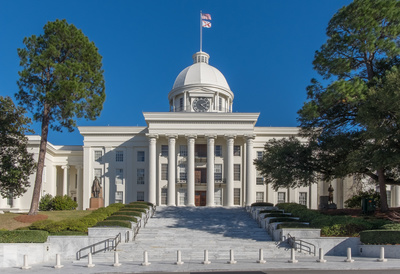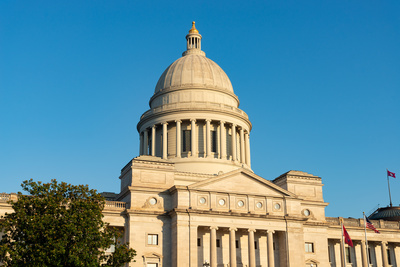
Health Care & Wellness
Alcohol Legislation Takes A New Turn: Canned Cocktails, Direct-to-Consumer Shipping, and More
February 12, 2026 | Kerrie Zabala
February 17, 2023 | Bill Kramer
-f3b350-1200px.jpeg)
Key Takeaways:
In early 2020, as the pandemic swept across the country, Congress required that states keep people continuously enrolled in Medicaid through the end of the public health emergency. In exchange, Congress promised the states additional federal funding for the programs.
So for nearly three years now, new people have been added to the Medicaid rolls, but no one has left the program even if they became ineligible (e.g., their income surpassed the limit). As a result, enrollment in Medicaid and the related Children’s Health Insurance Program (CHIP) has soared by 30% (adding 19.5 million new people). But now the “continuous enrollment” period is coming to an end, and states will need to figure out who all of their Medicaid enrollees are, decide whether they're still eligible, and, if not, help them find coverage elsewhere — a huge logistical nightmare.

The Kaiser Family Foundation estimates that between 5 million and 14 million people will lose Medicaid coverage once the continuous enrollment provision ends. Under the omnibus spending law that Congress enacted late last year, states can begin disenrolling people from Medicaid as early as April 1, 2023, but most states will take a year to complete these disenrollments. And enhanced federal funds gradually phase out over 2023, which will support states as they work through the large number of eligibility reviews ahead of them. Read the full article here.
For more timely insights like this, be sure to sign up for our Morning MultiState weekly morning tipsheet. We created Morning MultiState with state government affairs professionals in mind — sign up to receive the latest from our experts in your inbox every Tuesday morning. Click here to read past issues and sign up.

February 12, 2026 | Kerrie Zabala

February 5, 2026 | Geoff Hawkins

January 27, 2026 | Lisa Kimbrough